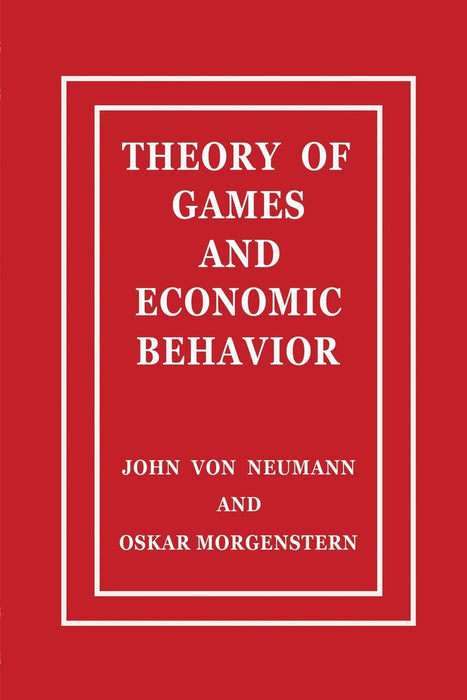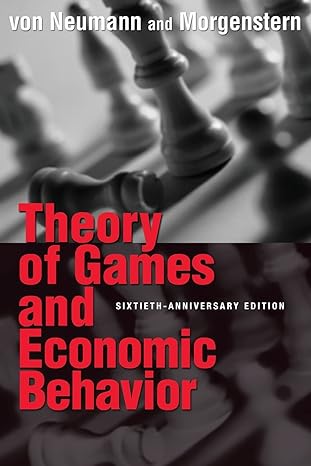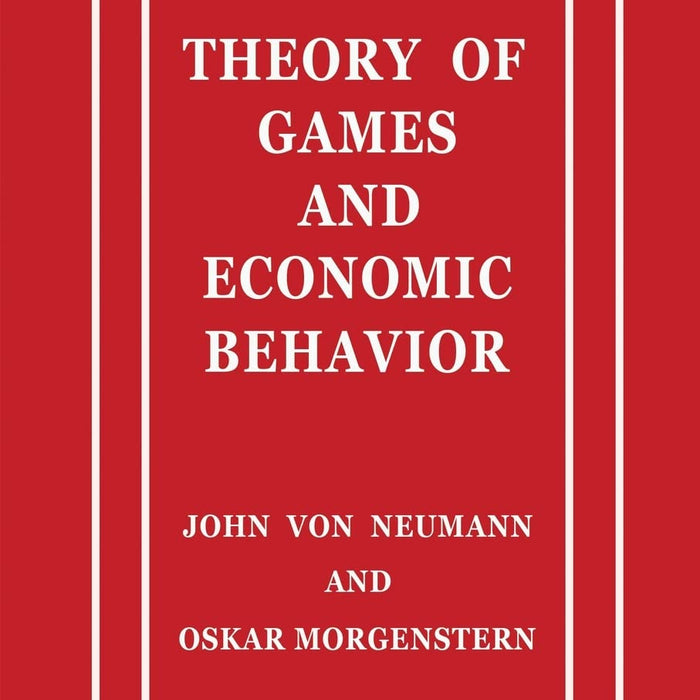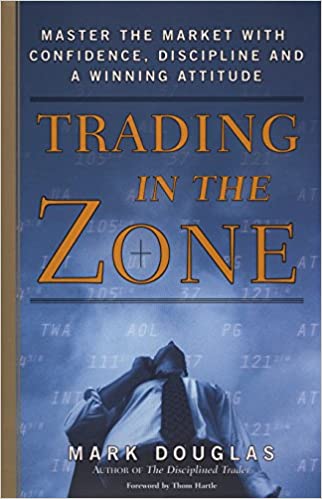Theory of Games and Economic Behavior: 60th Anniversary by John von Neumann
- Publisher: MATHEMATICS
- Availability: In Stock
- SKU: 55938
- Number of Pages: 739
Rs.1,320.00
Rs.1,795.00
Tags: 60th anniversary edition , ariel rubinstein afterword , best books , best books online , best online store , best point , Best Price , Best Selling Books , book good , buy online books , decision theory , Economic Behavior , ECONOMICS , economics books , economics books online , economics classics , Game Theory , game theory economics , game theory textbook , good book , good books online , good choice , harold kuhn introduction , John von Neumann , john von neumann book , Largest Online Bookstore in Pakistan , latest books online , mathematical economics , MATHEMATICS , mathematics books , mathematics books online , online , online books store , Online Bookshop , online bookstore , onlinebooks , oskar morgenstern , strategic thinking , Theory of Economics , Theory of Games , von neumann
Theory of Games and Economic Behavior: 60th Anniversary Edition
Author: John von Neumann, Oskar Morgenstern
Introduction: Harold W. Kuhn
Afterword: Ariel Rubinstein
Binding: Paperback
Paper Quality: A5 Matt Paper
Category: Economics / Game Theory / Mathematical Economics
Recommended For: Students and researchers in economics, mathematics, political science, and decision theory, as well as anyone interested in the foundations of game theory.
Key Points
-
Foundational Text – The groundbreaking work that introduced game theory as a framework for understanding economic behavior.
-
60th Anniversary Edition – Includes a new introduction by Harold Kuhn and an afterword by Ariel Rubinstein, offering modern context and reflection.
-
Mathematical Rigor – Presents a deep and formal mathematical approach to strategic interaction and rational decision-making.
-
Influential Legacy – Widely considered one of the most important economic texts of the 20th century, influencing economics, political science, and beyond.
-
Scholarly Edition – Perfect for academic study with original content preserved and new scholarly insights added.
════ ⋆★⋆ ═══
Writer ✤ John von Neumann (Author), Oskar Morgenstern (Author),
Harold W. Kuhn (Introduction), Ariel Rubinstein (Afterword)


























